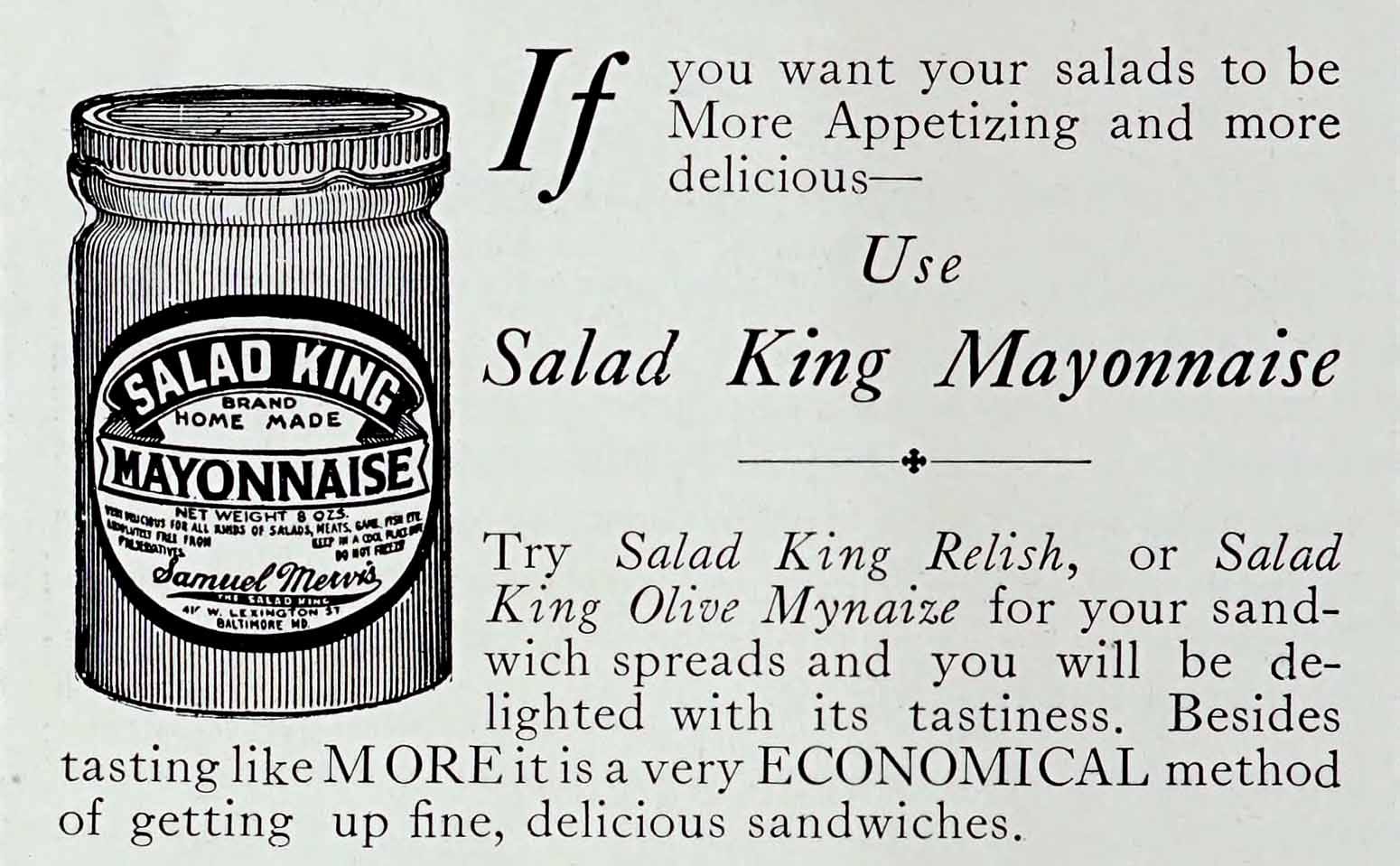Indignity Vol. 2, No. 86: Whiners write history.
THE WORST THING WE READ THIS WEEK™

Why Can't Jonathan Chait Tell the Truth About 2020?
JONATHAN CHAIT, NEW York magazine's excitable and prolific centrist blogger, lodged a strenuous public objection to last week's item in the Worst Thing We Read™ department, in which I applauded the New York Times' decision to force out its opinion editor, James Bennet, in 2020, and I said that the op-ed by Sen. Tom Cotton that precipitated Bennet's loss of his job was dangerous and deceptive. Chait lumped it in with an excellent piece by Jonathan M. Katz as examples of what he described as the dishonesty and intolerance of the left:
Even today, many progressives continue to defend Bennet’s firing and the response to the op-ed as just and necessary while refusing to admit the actual position at issue. Tom Scocca, in a column headlined “James Bennet Was Wrong and It Was Good He Lost His Job,” describes the op-ed like so: “Cotton called for the federal government to deploy the military against the people protesting the police murder of George Floyd.” Jonathan Katz writes that Bennet “published an op-ed by Sen. Tom Cotton calling for the U.S. military to crush the nationwide protests that erupted in response to the police murder of George Floyd.”
These descriptions are factually untrue, which is ironic, given that Katz’s headline is “James Bennet and the rewriting of 2020.” Cotton’s op-ed explicitly called for the National Guard to stop rioting and looting and to protect peaceful protest. “A majority who seek to protest peacefully shouldn’t be confused with bands of miscreants,” Cotton wrote. “But the rioting has nothing to do with George Floyd, whose bereaved relatives have condemned violence.” One could argue that Cotton’s position would have inadvertently resulted in troops suppressing peaceful protesters. But it’s simply not the case that he was calling for this.
As my piece and Katz's discussed in some detail, Cotton offered his distinction between "peaceful protesters" and appropriate targets for military action while spending the rest of the op-ed muddying any such difference—falsely saying the police "bore the brunt of the violence," and calling the people in the street "insurrectionists." By the end, he was citing an opinion poll that ignored the supposedly crucial distinction altogether: "According to a recent poll, 58 percent of registered voters, including nearly half of Democrats and 37 percent of African-Americans, would support cities’ calling in the military to 'address protests and demonstrations' that are in 'response to the death of George Floyd.'”
This is—ostensibly—what Chait was mad about: Cotton wrote an op-ed equating the need for "law and order" with "calling in the military to 'address protests and demonstrations' that are in 'response to the death of George Floyd,'" and I summarized that by saying Cotton "called for the federal government to deploy the military against the people protesting the police murder of George Floyd." That description was, in Chait's assessment, "factually untrue."
Paraphrasing and summarizing are tricky things to do! For instance, in recounting what happened to Bennet, Chait wrote that the editor "was fired in response to demands by Times staffers angry that his page had published an op-ed by Republican senator Tom Cotton advocating for the National Guard to be used to prevent rioting and looting."
In that one brief passage, Chait managed to commit multiple factual errors. Technically, Bennet resigned from his job, rather than being fired—a narrow point, since he resigned under duress, but a real one, and one that media lawyers always advise reporters to be extremely careful about. More seriously, Cotton was not "advocating for the National Guard to be used"; he was explicitly arguing that the unrest required a federal military response beyond the use of the Guard. In tweeting about it, he had specified that he wanted to see the 101st Airborne.
Passing off the proposed use of air assault troops on U.S. soil as if it were a routine National Guard deployment was a pretty drastic revision of Cotton's message. But Chait made an even more telling misrepresentation when he wrote that Bennet lost his job "in response to demands by Times staffers."
Really? Which demands? The statement put out by the Times' newsroom union, the NewsGuild, in response to Cotton's op-ed said that it "jeopardizes our journalists’ ability to work in the field safely and effectively" and that "we find the publication of this essay to be an irresponsible choice," but it did not mention Bennet, and it contained no requests for management to do anything at all.
A protest letter to the masthead, signed by hundreds of Times staffers, likewise didn't mention Bennet. It did present a list of requests or demands, but none of them had to do with dismissing anyone:
We ask that The Times take the following actions:
— A commitment to the thorough vetting, fact-checking, and real-time rebuttal of Opinion pieces, including seeking perspective and debate from across the desk's diverse staff before publication.
— An editor's note — or ideally, a fully reported follow-up — examining the facts of Cotton's Op-Ed.
— A commitment that Cotton's Op-Ed not appear in any future print edition.
— Staff shortages on the Community team should be addressed immediately, as readers need an opportunity to express themselves.
Neither the Times' own news story about Bennet's departure nor Vanity Fair's reporting on his downfall described any "demands by Times staffers" that he be dismissed. The closest thing was Vanity Fair's description of a moment from one of the paper's multiple emergency meetings the week of the op ed, in which Bennet
was asked point-blank if he was the right person to lead the Opinion section. His answer was hardly a resounding show of self-defense. “I don’t know,” Bennet replied, according to people familiar with the exchange.
By all accounts, the reason Bennet was forced out was that the paper's publisher, A.G. Sulzberger decided to force him out. Chait's claim that it happened "in response to demands by Times staffers" was, to coin a phrase, factually untrue.
It did, however, fit the narrative that Chait wanted to tell, in which the events of the spring and summer of 2020 were principally defined by "illiberal norms of debate" run rampant, creating a "wave of hysterical accusations, overpolicing of language, and empowered outrage mobs." The point of his piece this week was to argue, as the headline put it, that "Progressive America Needs a Glasnost."
But "glasnost" is defined by a commitment to truth. The would-be rehabilitation of Bennet and the op-ed depends on drawing a false picture of 2020—one in which police beating and gassing and permanently blinding protesters and reporters constituted no real danger, one in which the president who tweeted "when the looting starts, the shooting starts" could be reasonably expected to follow the law while using combat troops against domestic unrest.
Chait is willing to paper over all of those ugly truths to take on the event that truly shook his sense of right and wrong: a powerful and well-connected journalist lost his job. A thing like that can't happen in his America. The facts must be to blame.

THOUGHT DEP’T.

Do you have a thought? Send it to indignity@indignity.net, or you could tweet it and include @Read_Indignity to get our attention.


SANDWICH RECIPE DEP’T.
WE PRESENT INSTRUCTIONS for the assembly of a select sandwich from the Raleigh Recipe Book, published by the Ladies of Christ Church in 1916, now in the public domain and available at archive.org for the delectation of all.
LAYER SANDWICHES
Take a Pullman loaf of bread and cut the long way, making about five slices. Spread various mixtures between, as peanut butter, olives, bacon, cheese, pimento, Salad King Olive Mayonnaise. Press together firmly and slice across the layers.
—Mrs. R. Y. McPherson.
If you decide to get up and enjoy a sandwich or sandwiches inspired by this offering, kindly send a picture to us at indignity@indignity.net.

Thank you for reading Indignity! We appreciate your interest and support, and we encourage you to find more of our work over at Popula.





